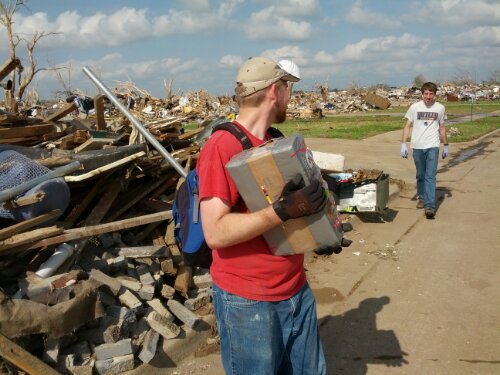All my worst fears came true in Tirzah Mae’s birth.
Is it odd that I never really feared for our baby’s safety? There were days when I was distracted or particularly active and didn’t notice movement so I worried – but, in general, I was at peace.
What I really feared was risking out of home birth, having to deliver in a hospital. When I started retaining water, I feared pre-eclampsia. Most of all, I feared a c-section.
All my worst fears came true in Tirzah Mae’s birth.
And God’s grace was there for each circumstance as it arose.
God’s grace was not there for the fear and anxiety leading up to delivery.
I worried and fretted and stressed over the potential of pre-eclampsia, of risking out of home birth, of having a hospital birth, of a c-section. In all that, grace was absent.
God gave His command long ago when He told the people not to worry about tomorrow.
Worrying about tomoorrow is fruitless- tomorrow will have worries, sure, but God’s grace is available for today’s trials.
Despite my weeks of increasing dread, when the time came, God’s grace and peace was there.
When the urine test at the midwife’s office showed 3+ protein, I went into the waiting room and told my husband and grieved for less than 5 minutes over the loss of a homebirth. God’s grace was there.
When the OB checked my blood pressure and my protein and sent me to the hospital, I settled in for a long hospitalization with a calm every nurse remarked upon. God’s grace was there.
When the perinatalogist said that my platelets were droping and we needed to induce at 32 weeks, God’s grace was there.
When 12 hours of magnesium and cervidil left me exhausted and feeling a foreigner in my own skin, I calmly discussed with my husband and God’s grace was there as I asked the doctor for what had been my worst fear – a c-section.
I learned that God gives grace, not for the worries of tomorrow He commanded us to cast on Him, but for the actual events He gives us in today.
The hymn proclaims
“Strength for today
and bright hope for tomorrow
Blessings all mine
With ten thousand beside.”
And the hymn is absolutely right. God gives the strength and grace for every today – but gives only the hope that allows us to cast every tomorrow’s anxieties upon Him.
May I, may we ever bask in today’s grace – and ever cast tomorrow’s anxieties on Him whose grace is sufficient when tomorrow becomes today.


